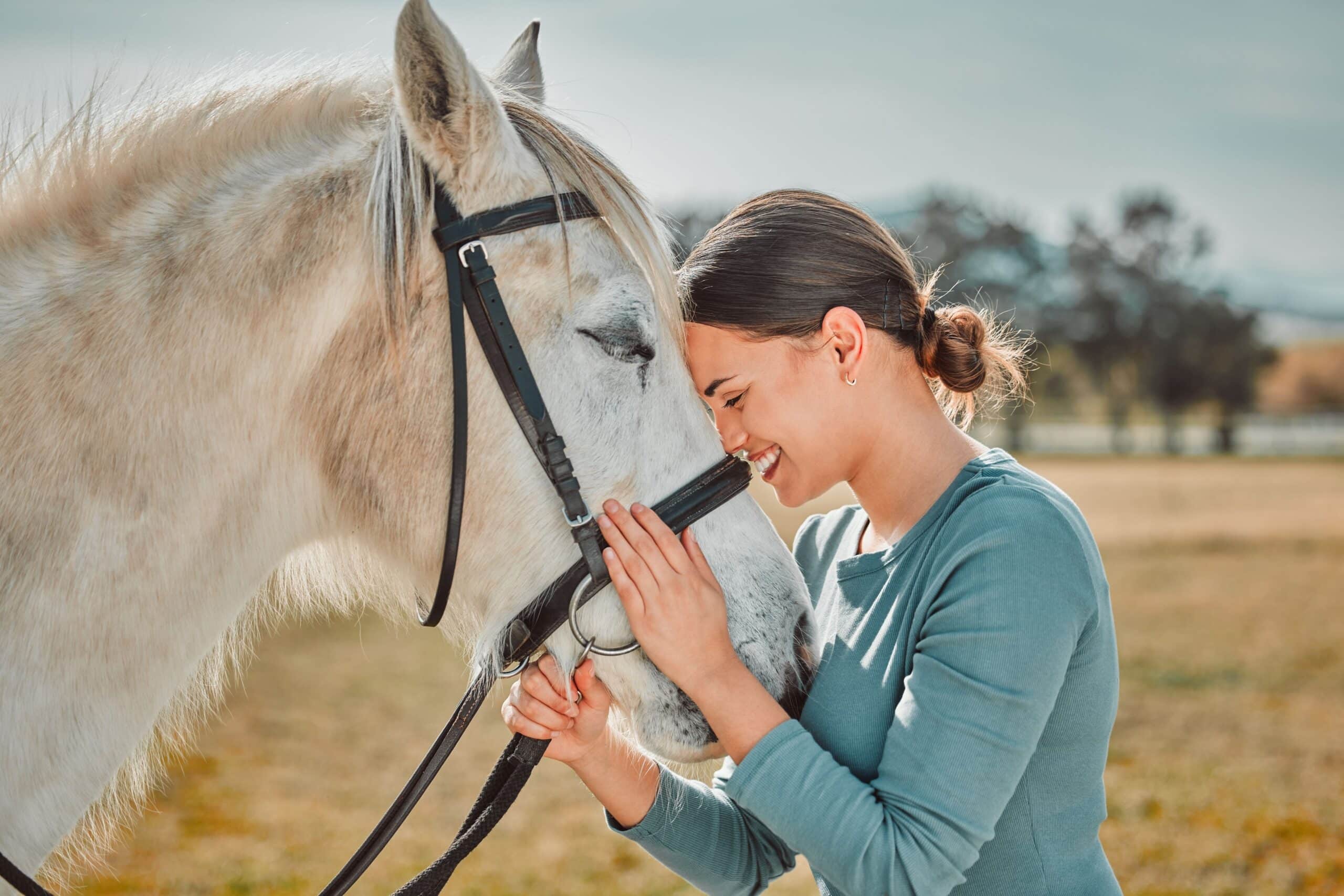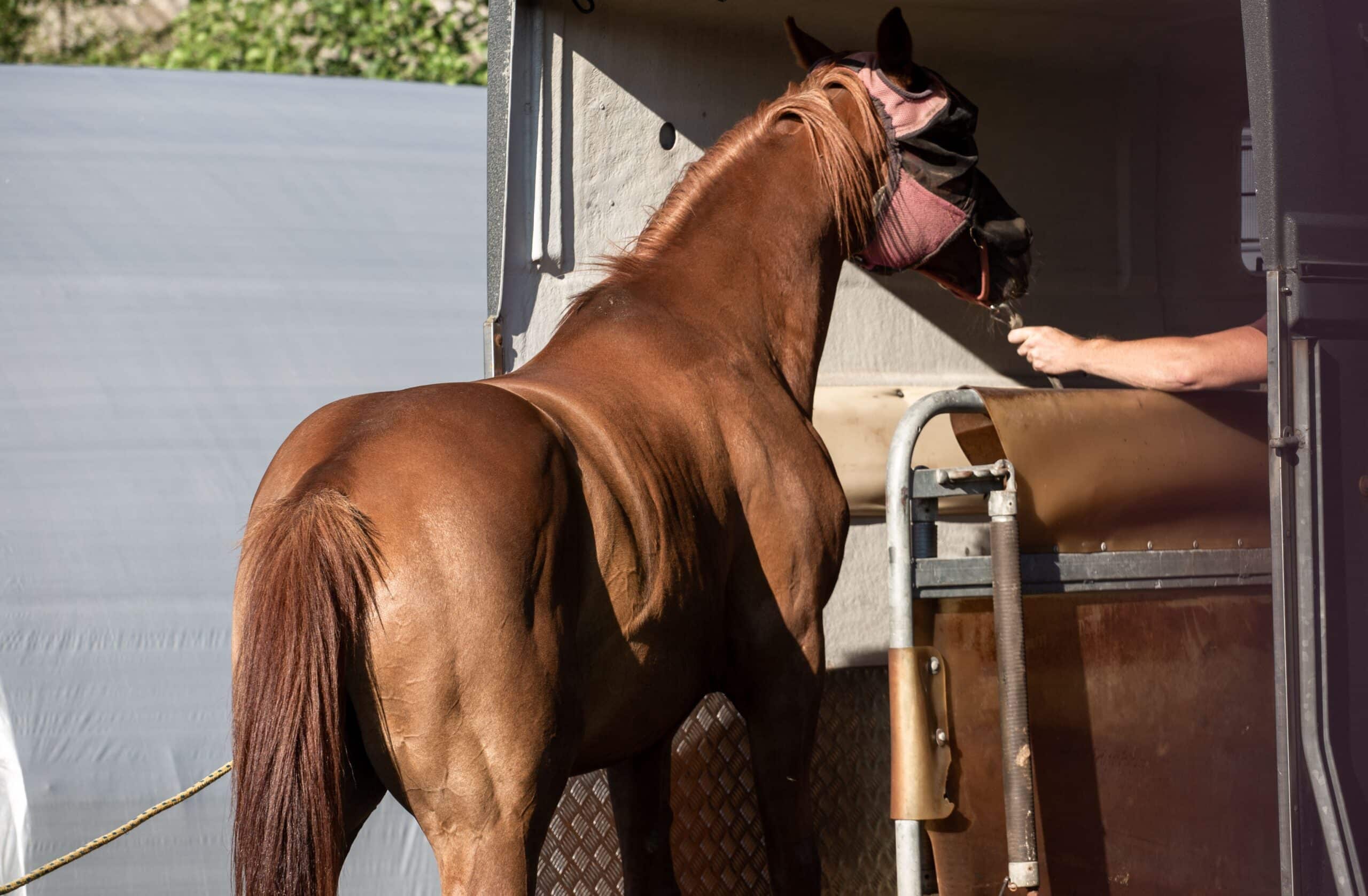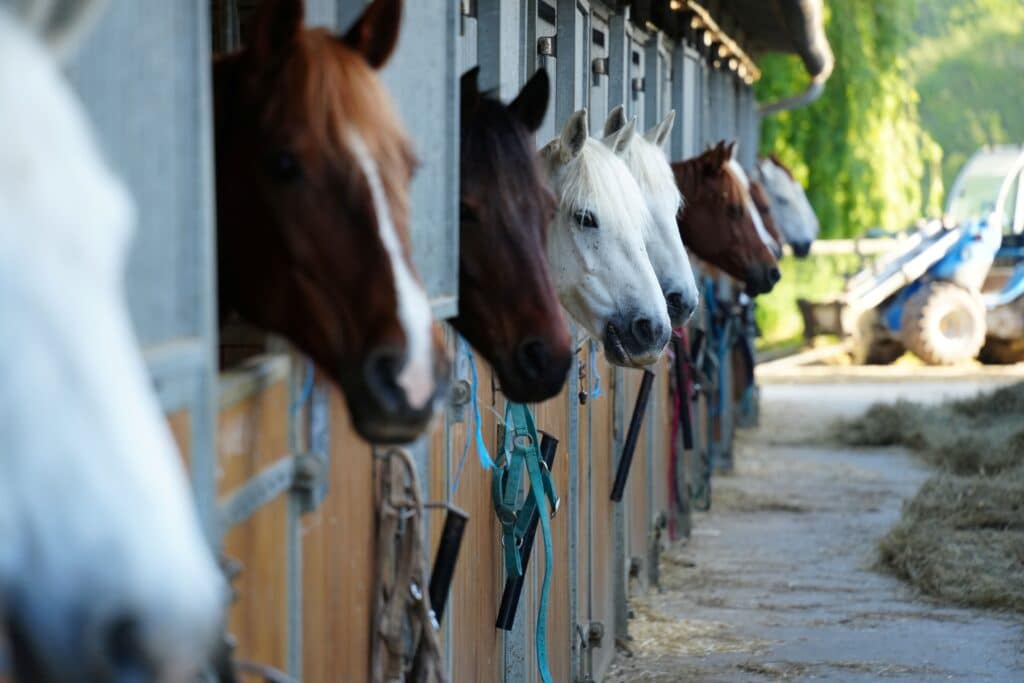When equitation horses for sale appear online, a new chapter begins for many horses – but not every ad leads to the right partnership.
Selling a horse is more than a transaction. It’s a decision shaped by trust, emotion, and a deep sense of responsibility. Especially when the horse has been a long-term companion, the priority is rarely just the price tag – it’s about finding a rider who truly fits. This guide is for horse owners who want to hand over their horse with clarity, care, and long-term vision. Not just to anyone – but to the right one.
Between Emotion and Reality
If you’ve lived with a horse for years, you’ve seen its good days and bad, built habits and routines, and developed an understanding that no video or vet check can convey. That bond doesn’t disappear just because the need or decision to sell has come up. And that’s what makes it so complex. Letting go while wanting the best possible future – that’s not a contradiction. But it does require balance: being honest about your horse, open to new people, and aware that even a very good new home will do things differently. That doesn’t have to be a loss. It can be growth – for both of you. Equitation horses for sale from jw-horses
What Matters – and What Doesn’t
It’s easy to focus on the obvious markers: pedigree, training level, age, height. Those things matter – but they don’t tell the full story. What matters more is how the horse actually lives: its daily rhythm, quirks, sensitivities, and needs. Is it relaxed in a group, or more of a loner? Does it need a calm rider or one with precision timing? Can it handle changes well, or does it thrive in stable routines? Buyers often think in categories; sellers think in experiences. The best matches happen when both try to meet in the middle.
Clarity Builds Trust
Presenting your horse to potential buyers is an opportunity – not just to market, but to demonstrate professionalism. That starts with being transparent: up-to-date health records, honest descriptions, clean photos, clear answers. No fluff, no salesy exaggerations. Buyers appreciate structure – not sales pitches. Mention how the horse is kept, how it’s worked, who handles it, and in what context it thrives. If you also provide insight into what type of rider you’re hoping for, you’ll attract more suitable candidates – and fewer wishful thinkers.
Questions That Say More Than a Trial Ride
The moment you receive an inquiry is key. It’s not just about whether someone is interested – it’s about whether they understand the commitment. A calm, open conversation often tells you more than a riding demo ever could. Buyers who are genuinely prepared will have no trouble explaining their stabling setup, daily schedule, riding goals, and support system. And if someone gets defensive or vague, that’s already a red flag. Selling a horse means filtering not just who wants it – but who’s ready for it.
Things to Clarify Before the Sale
To avoid misunderstandings, make sure these essentials are clearly defined ahead of time:
- Health status: vaccinations, vet reports, dental care, any relevant x-rays
- Management style: turnout, box stall, feeding routine, social contact
- Terms of sale: price, included equipment, transport, written contract
- Buyer profile: riding experience, goals, time commitment
Putting these elements on the table early protects both sides – and gives your horse the smoothest start possible in a new home.
The Role of Gut Feeling
Facts matter, but so does instinct. As a seller, you’ll often get a sense of whether someone really “clicks” with your horse. That feeling isn’t irrational – it’s a result of knowing the animal inside and out. Still, it should support your decision, not replace due diligence. Chemistry between horse and rider is important – but it’s only part of the picture. Use your gut, but don’t forget your checklist.
Letting Go Starts with Trust
Once the decision is made and the right buyer is found, your role changes. You move from daily caretaker to former owner. Emotionally, that’s not always a clean break. Some sellers appreciate updates, occasional photos, or just knowing everything’s okay. Others prefer to step back completely. Whatever your preference, it’s important to communicate it early – and accept that the final say belongs to the new owner. Selling a horse responsibly means trusting someone else to continue what you started.
Quality Takes Patience
Pressure leads to poor decisions. And selling a horse under pressure – whether for financial, logistical, or emotional reasons – rarely ends well. It takes time to find someone who isn’t just available, but genuinely compatible. Saying no to the wrong buyer is just as important as saying yes to the right one. If you wait for someone who respects your horse as more than a tool or trophy, the process may take longer – but the result is worth it.
When Everything Lines Up
A successful horse sale doesn’t end when the trailer drives away. It leaves behind something quieter, but more lasting: the feeling that you’ve made the right call. That your horse is where it’s seen, heard, and understood. When all the pieces fit – the timing, the buyer, the preparation – selling becomes less about parting ways and more about enabling a new beginning. And that’s not a compromise. That’s care, in its most practical form.
Photo credit: Kirsten D/peopleimages.com, goodluz, Ella/ Adobe Stock

